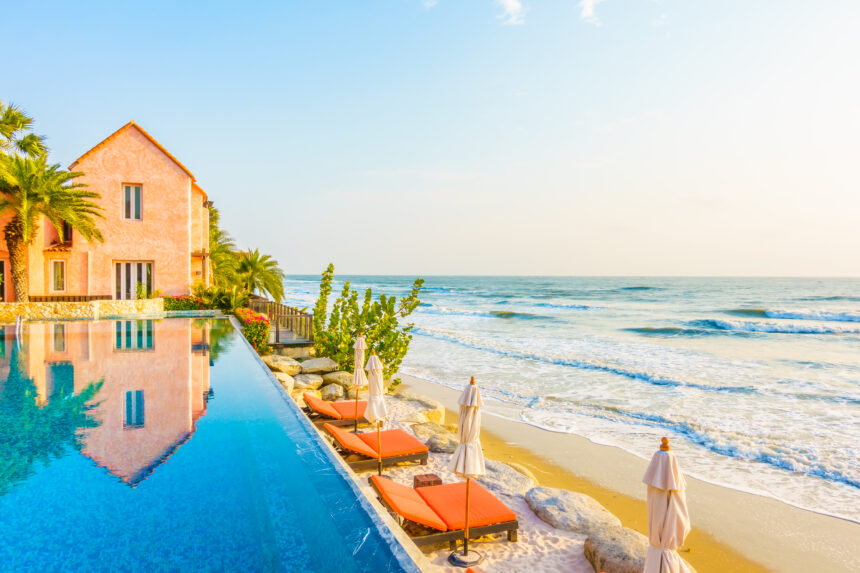South Africa is a country blessed with diverse landscapes, vibrant cities, and a rich cultural heritage. It has become an increasingly popular tourist destination in recent years, attracting millions of visitors from around the world. With the rise of platforms like Airbnb, investing in vacation rental properties in South Africa has become an appealing opportunity for individuals looking to enter the real estate market. This article explores the advantages, challenges, and considerations for those interested in this exciting investment avenue.
The Advantages of Investing in Vacation Rental Properties
- Lucrative Returns: One of the primary advantages of investing in vacation rental properties is the potential for high returns. South Africa’s tourism industry has experienced steady growth, and with the rise of Airbnb, property owners can generate significant rental income by catering to the growing number of tourists seeking unique and authentic accommodation experiences.
- Flexibility: Investing in vacation rental properties allows for greater flexibility compared to traditional long-term rentals. Property owners can decide when to use the property for personal use or rent it out to guests, giving them the freedom to enjoy their investment while also generating income.
- Diversification: Vacation rental properties offer an opportunity to diversify one’s investment portfolio. By investing in real estate in a popular tourist destination like South Africa, individuals can spread their risk and reduce exposure to the volatility of other investment options.
- Property Appreciation: South Africa has experienced a steady increase in property values in recent years. Investing in vacation rental properties can be a smart long-term strategy, as the potential for property appreciation can lead to substantial wealth accumulation over time.
Challenges and Considerations
- Management and Maintenance: Managing a vacation rental property can be time-consuming. Owners need to ensure the property is well-maintained, handle guest inquiries and bookings, and coordinate check-ins and check-outs. Property owners can choose to manage the property themselves or hire a property management company to handle these tasks.
- Seasonality and Market Demand: The demand for vacation rentals in South Africa is often influenced by seasonality and market trends. Popular tourist destinations may experience higher demand during peak seasons, while off-seasons may see lower occupancy rates. Property owners need to consider these factors and adjust their pricing and marketing strategies accordingly.
- Legal and Regulatory Considerations: Before investing in vacation rental properties, it is crucial to understand the legal and regulatory framework governing short-term rentals in South Africa. Local municipalities may have specific regulations and requirements that property owners must comply with, including obtaining necessary licenses and permits.
- Competition: With the rise of Airbnb and other vacation rental platforms, the market has become increasingly competitive. Property owners need to differentiate their offerings by providing unique and desirable accommodations, excellent guest experiences, and effective marketing strategies to stand out from the crowd.
Tips for Successful Investment
- Location is Key: Choose a location with high tourist demand and potential for growth. Consider areas near popular attractions, beaches, or cultural sites that attract a steady flow of tourists throughout the year.
- Property Selection: Select a property that meets the needs and preferences of your target market. Consider factors such as size, amenities, and overall condition to ensure it aligns with the expectations of guests.
- Professional Photography and Listing Optimization: High-quality photos and a well-optimized listing are crucial for attracting potential guests. Consider hiring professional photographers and copywriters to create appealing listings that highlight the unique features of your property.
- Guest Experience: Providing exceptional guest experiences is essential for positive reviews and repeat bookings. Ensure the property is clean, well-equipped, and offers amenities that enhance the overall stay of guests.
- Pricing and Revenue Management: Continuously monitor market trends and adjust pricing strategies accordingly. Consider factors such as seasonality, demand, and competitor prices to maximize










